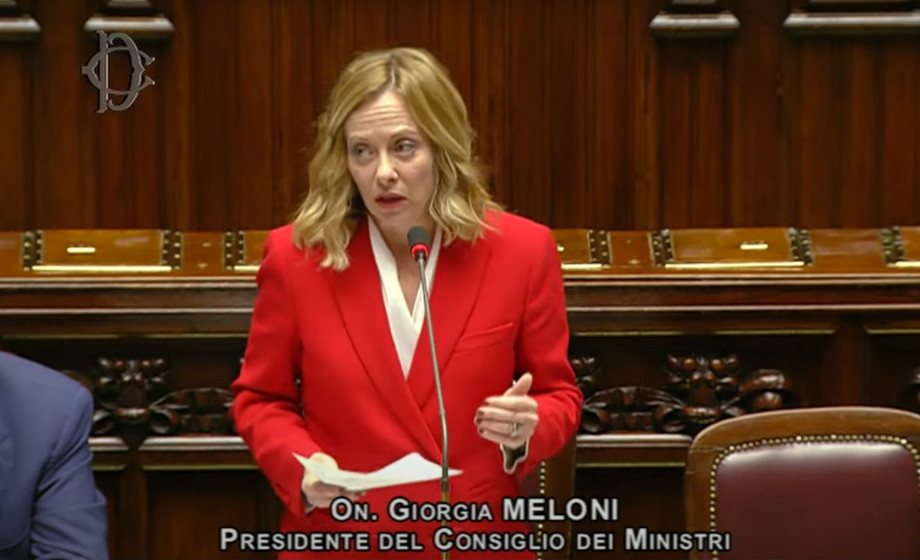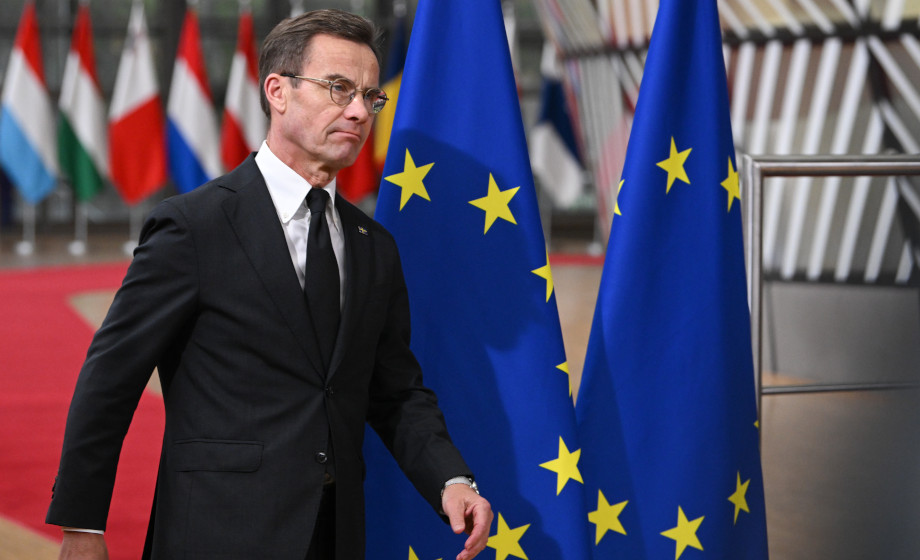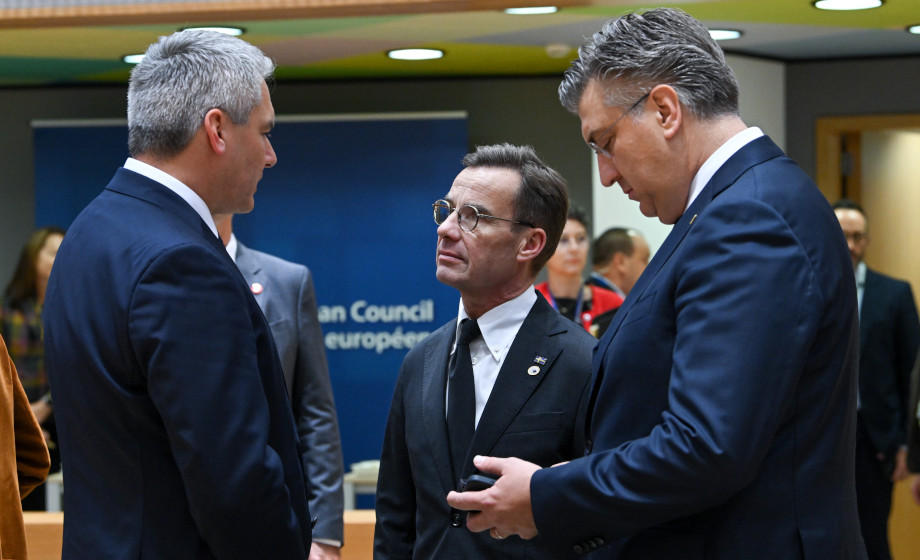How can we get the Syrians to go home? This is a question that is being raised during today’s EU summit in Brussels. An increasing number of EU countries have grown tired of the immigrants who arrived during the migrant crisis ten years ago.
In August this year, a Syrian man who had been denied asylum attacked and killed several people at a festival in the German city of Solingen.
READ ALSO: Syrian asylum seeker with deportation order behind terror attack in Germany
It was far from the first such bloodbath in Germany or Europe carried out by immigrants from the Middle East. But the attack seems to have been the final straw that caused the famous cup to run over.
It took only a week before the Social Democratic government, pressured by the opposition, presented new laws aimed at deporting more people and withdrawing benefits and allowances for the unwelcome foreigners.

READ MORE: Toughened German immigration laws
More EU countries
It is not only in Germany that the tone has changed radically compared to the open borders slogan of 2015. In France, it is instead last month’s murder of a 19-year-old French woman, committed by a deported Moroccan rapist, that is causing anger. Both from the right and the left.
Interior Minister Bruno Retailleau has spoken about changing the migration regulations, while National Rally party leader Jordan Bardella has accused the government of forcing the French to live among “human bombs”.
READ MORE: Rape convicted migrant released pending deportation – murdered young woman
Similar sentiments are heard from other EU countries such as Austria, Denmark, and Slovenia. And in Italy, Prime Minister Giorgia Meloni addressed the Senate on Tuesday and also spoke about increased return.

“The Italian government’s position is that Europe must reconsider its stance on the Syrian issue. That we must work to create conditions for these refugees to return to Syria,” she said, but added that it should happen “voluntarily”.
Important message
Before you scroll further and read our journalism for free, we have an important message
Due to reduced income, Samnytt has been forced to cut back on its operations and is also facing several legal proceedings against left-wing activists. Samnytt has no state support and extremely limited advertising revenue. We are completely dependent on our readers’ support. If you want us to continue to exist as a newspaper, we ask for your help.
Take a minute to become a subscriber! Click HERE to choose a subscription level or swish any amount: 123 083 3350, and help us in the fight against the establishment.
Discussed at the EU summit
On Thursday and Friday, the issue of increased repatriation is being discussed by the European Council during the so-called EU summit. The Council is made up of the Union’s heads of state or government, and Sweden’s representative is therefore Prime Minister Ulf Kristersson.
The repatriation issue was originally not on the agenda, but especially after the mass murder in Germany, it has become relevant, according to a briefing for Members of the European Parliament.

One question that needs to be clarified, however, is how the EU should relate to the Syrian government. President Bashar al-Assad remains in power, despite Western attempts to overthrow him in the “Arab Spring” that began in 2011, leading to civil war and the formation of the terrorist sect Islamic State. The EU’s continued official policy is not to talk to him.
But cooperating with the Syrian authorities facilitates if hundreds of thousands of Syrians are to be repatriated to their homeland. And that is precisely what some EU leaders, including Italy’s Meloni, want to do.
The idea, however, is met with resistance, including from the European Council’s coordinator for Middle East and North Africa affairs Julien Barnes-Dacey. In a debate article, he expresses concerns that returning Syrians will be treated as deserters and punished if they are forced to return.

Last month, however, the Syrian government promised amnesty for compatriots who want to return home, as the Syrian news agency Sana previously reported. It applies until the beginning of next year. A circumstance that further puts pressure on the EU to take advantage of the opportunity to send unwelcome migrants home.
